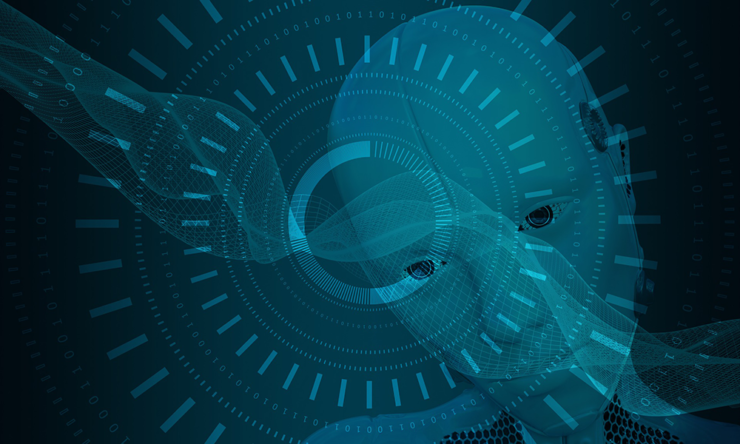
CDH Workshop: Principles & practices of machine learning – A hands-on training for beginners with applications in the humanities
In this one day course Hugo Schnack, assistant professor Language acquisition, processing and disorders, will give an introduction to what machine learning is, when and how it can be used and what it can do. Machine learning is a data analysis technique to discover (complex) patterns in datasets related to some property of interest. These techniques

CDH Workshop: Entry level course in Python for humanities staff
This entry level course in Python consists of four hands-on training days on Tuesdays starting November 1. The course will be provided by Julian Gonggrijp and Jelte van Boheemen, scientific developers of the Digital Humanities Lab. This beginners course is designed for humanities teachers and researchers who want to learn the foundations of Python in order to write
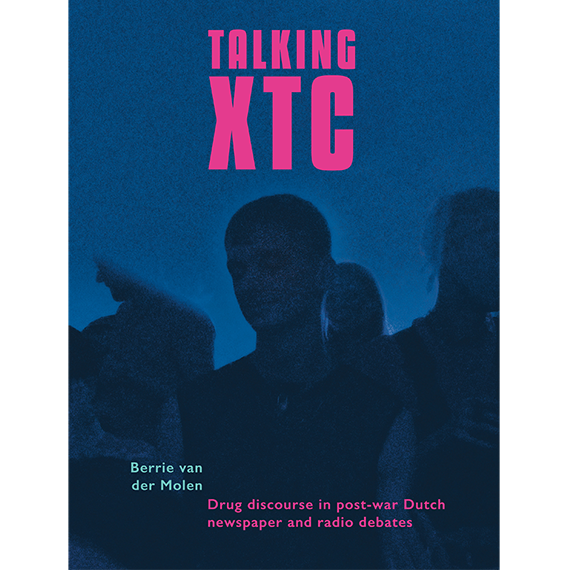
CDH Webinar: Talking XTC – Distant and close reading of digitized newspaper and radio data archives
In this webinar on October 21, media researcher Berrie van der Molen will talk about the methodological approach – the ‘leveled approach’ – he used writing his dissertation ‘Talking XTC: Drug discourse in post-war Dutch newspaper and radio debates’. Earlier this year, Berrie van der Molen defended his dissertation, which consists of four analyses of the
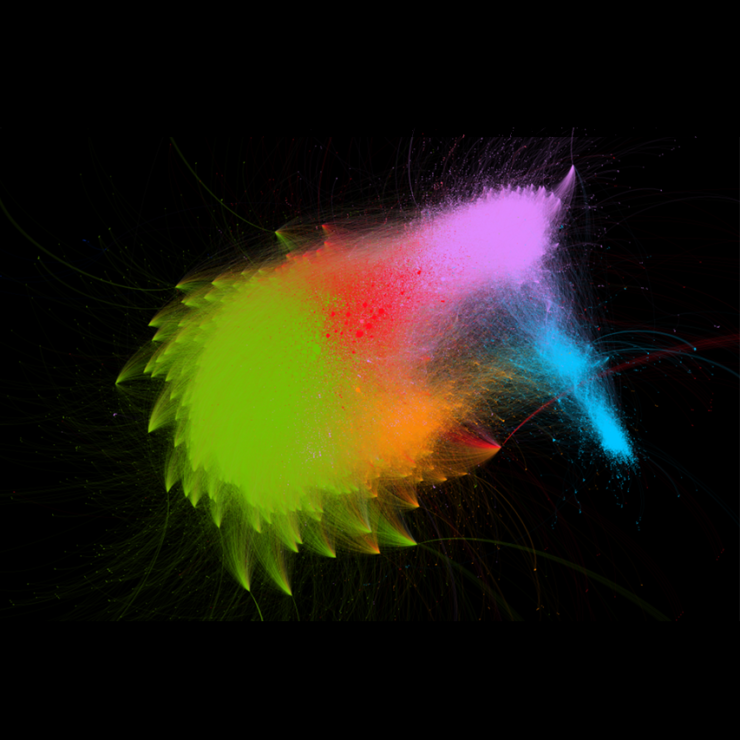
CDH Workshop: Getting started with network visualization – introductory Gephi course for humanities staff
In this workshop, Jeroen Bakker, junior researcher at Utrecht Data School, will introduce you to network analysis and visualization using Gephi. After this hands-on session, you will be able to conduct a network research on a large dataset. Networks are all around us. The relationship between friends on Facebook, money flows between businesses, or characters in a novel:
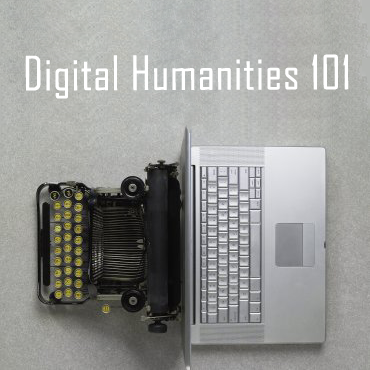
CDH Webinar: Digital Humanities 101 – An introduction to DH thinking
This webinar is set up as an entry into Digital Humanities (DH) thinking. Professor Hugo Quené will show and discuss how to work with digital data and how to employ digital methods in the humanities. The presentation is interesting for everybody within the Faculty of Humanities (and beyond) interested in working with digital sources and/or
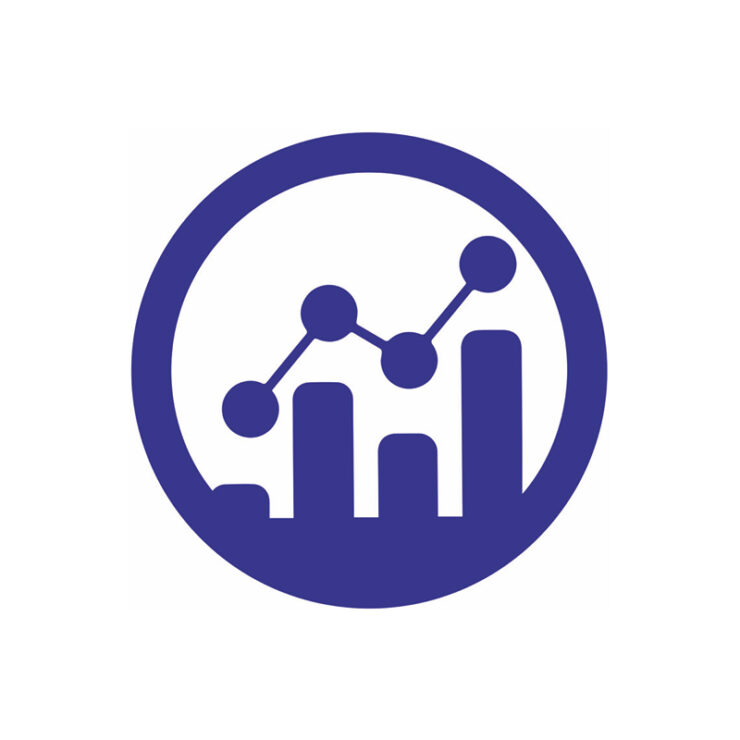
UB & CDH Workshop: Working with large text corpora in I-Analyzer for humanities staff
This joint workshop by the Utrecht University Library and the Centre for Digital Humanities will give an overview of how text corpora are processed in order to be used in I-Analyzer, and how to search, filter and visualize results. I-Analyzer, developed by the Digital Humanities Lab, is an online text and data mining application that
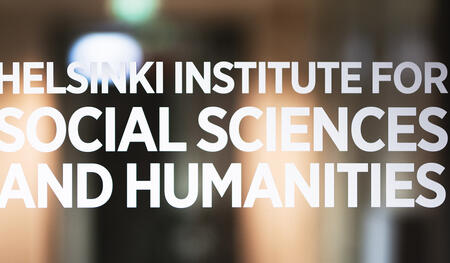
Mirko Schäfer appointed Visiting Professor to University of Helsinki
For the coming three years, CDH programme team member Mirko Schäfer has been appointed Visiting Professor at the Helsinki Institute of Social Sciences and Humanities (HSSH). Developing the Utrecht Data School at Utrecht University, Mirko Schäfer has built a track-record of societally engaged research for inquiring datafication and algorithmization at government organisation in the Netherlands.
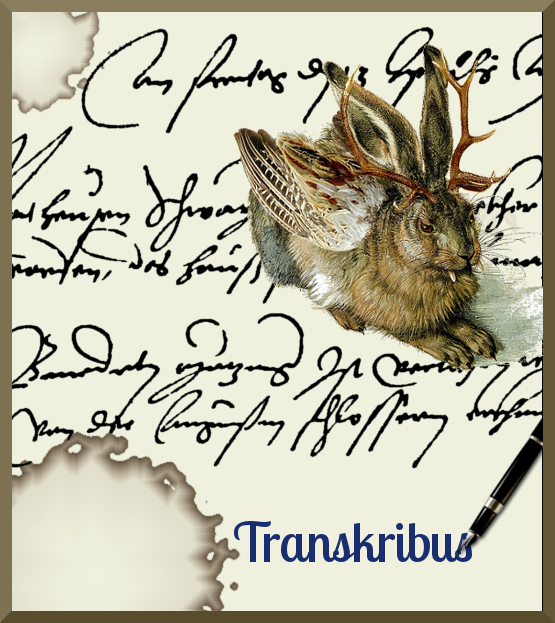
Big discount on Transkribus services through CDH subscription
Transkribus is a comprehensive solution for the digitization, AI-powered text recognition, transcription and searching of historical documents. As a staff member of the Faculty of Humanities you can now use this platform at a very reduced rate. The Centre for Digital Humanities has purchased a READ-COOP subscription, so that all staff of the Faculty of

CDH Webinar: The news framing of Artificial Intelligence
We close the CDH Spring program 2022 with an online lecture by Assistant Professor Dennis Nguyen on ‘The news framing of Artificial Intelligence: A critical exploration of how media discourses make sense of automation’. Abstract Analysing how news media portray Artificial Intelligence (AI) reveals what interpretative frameworks around the technology circulate in public discourses. This
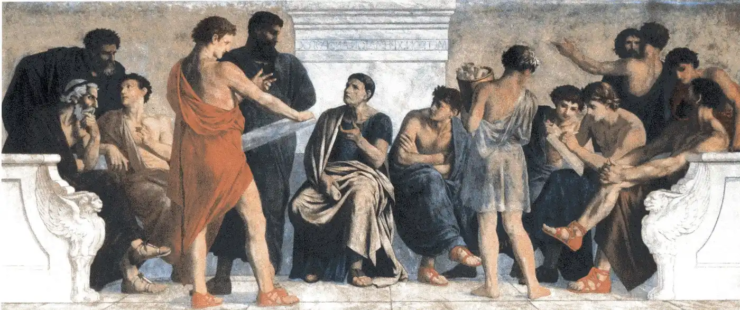
CLARIAH opens Fellowship Call 2022
CLARIAH opens the Fellowship Call 2022 in order to further improve the CLARIAH infrastructure and encourage its use. This infrastructure consists of a wide variety of tools, services and datasets. The CLARIAH Board distinguishes two kinds of fellowship: Research Fellowships and Teaching Fellowships. Every person who is employed by an organization that is eligible for
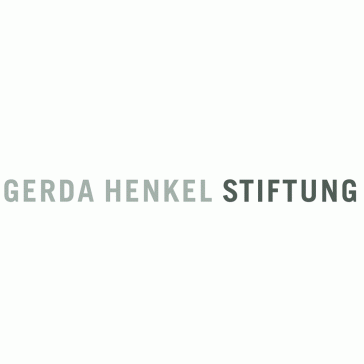
Gerda Henkel Fellowship in Digital History
With the generous support of the Gerda Henkel Foundation, the German Historical Institute (GHI) and the Roy Rosenzweig Center for History and New Media at the George Mason University (RRCHNM) invite applications from postdoctoral scholars and advanced doctoral students based in Europe for a 12-month fellowship in digital history. This fellowship aims to connect scholars

Ontwikkelaar Digital Humanities gezocht bij Utrecht Centre for Digital Humanities
Het Centre for Digital Humanities (CDH) zoekt een programmeur/ontwikkelaar voor de periode van een jaar (0,8-1,0 fte) die meewerkt aan diverse projecten. Binnen de geesteswetenschappen wordt steeds meer gebruik gemaakt van gedigitaliseerde data en tools om deze data te bewerken en analyseren. Om onderzoek en onderwijs op dit gebied te ondersteunen is aan de faculteit

